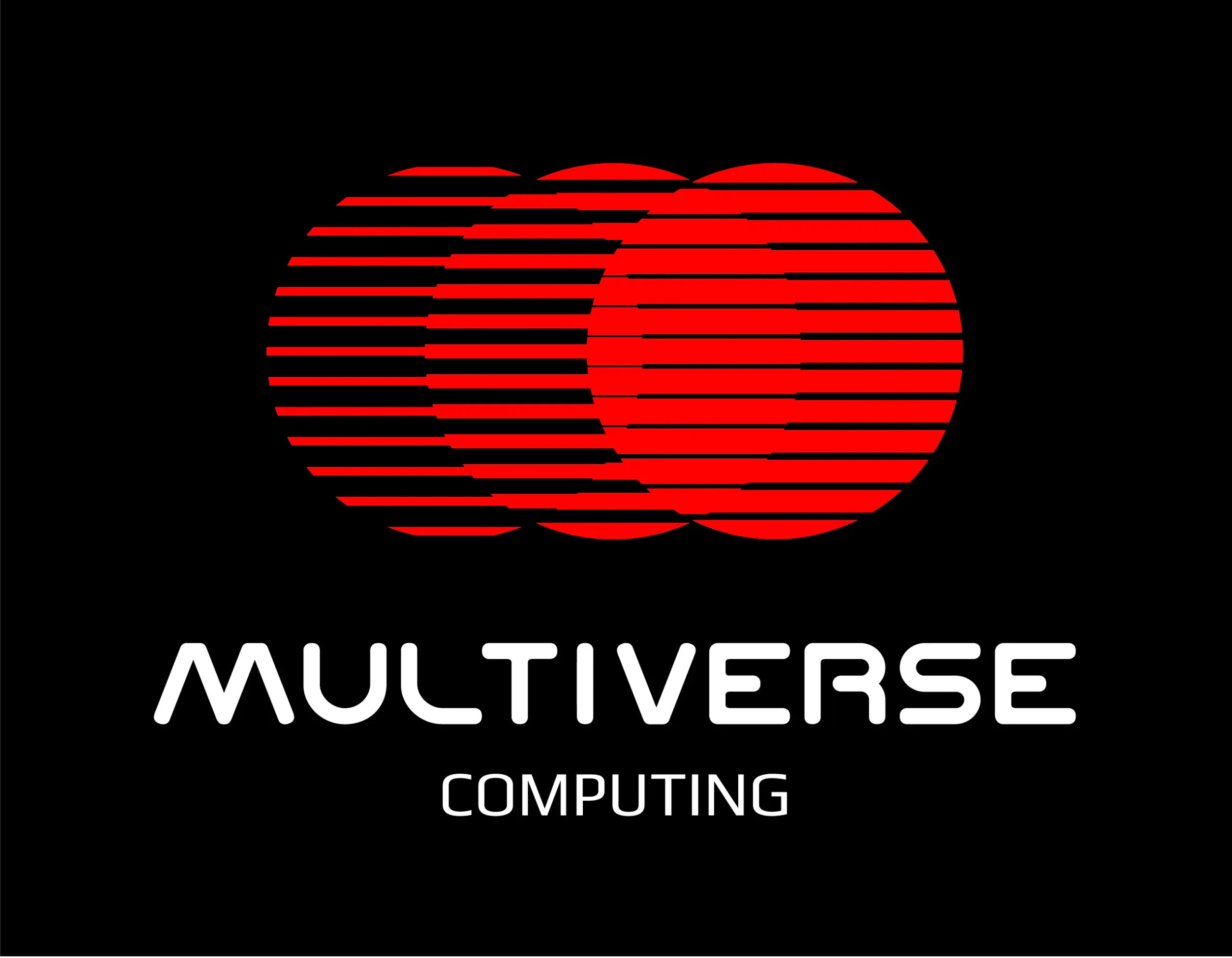Quantum computing is leaping to the future at lightning speeds. Quantum computers harness the power of subatomic particles and physics rules to deliver considerable leaps in processing power to exceed traditional computing methods’ barriers. These machines are exceptionally good at solving complex problems and searching for items through unsorted data. Quantum computing is a crucial component of innovation and scientific research. Tech companies and governments alike are only beginning to appreciate its potential. Let’s find out more about this mysterious computing technique and why it matters for the future.


What is Quantum Computing?
Quantum computing is an organic form of computing that makes use of subatomic particles and the rules of quantum physics to perform large-scale computations. Quantum computing is essentially a superimposition of human perspectives onto nature, which naturally invites natural boundaries and requires a lot of energy and resources to run. Scientists are able to create faster and more intuitive processors by using quantum computing when the laws of physics make their research impossible.
Quantum computers differ from regular desktops in that they possess a different architecture than traditional computers. For example, quantum computers use superconducting circuits and atomic ions called qubits as components instead of traditional silicon-based memories of processors. Quantum computers are computation-heavy and can search through massive amounts of data. They can perform multiple operations simultaneously and are focused on computation-heavy processes. These traits make these machines more suitable for large-scale corporate and scientific research. With this in mind, it’s not likely that quantum computers will be replacing traditional computers soon. However, they will still be essential in solving complex problems.
Scientists estimate that there will come a time when quantum computers will have exceeded the computational reach of even the most powerful supercomputers we have today. This state is called quantum supremacy. Google and IBM announced their own computers in 2019, the same year Google researchers announced that their quantum processor Sycamore might have already achieved quantum supremacy. They claimed the machine could solve a complex problem that would have taken 10,000 years to be solved by a classical supercomputer in just 200 seconds. Although the veracity of Google’s claims has been the subject of debate, it does illustrate the computing potential of the technology.
What are Qubits?


Quantum computers are only in their early stages, and yet these devices have shown their potential in solving problems and in being able to analyze large amounts of data in less time than other methods. Traditional computers run on bits, which act as the basic unit of information in a normal system. Bits take the form of electrical signals traveling over circuits in the computer’s motherboard. Unlike classical computers based on sequential information processing, quantum computers harness quantum particles’ unique ability called qubits. Qubits are typically subatomic particles such as electrons or photons. Companies like IBM and Google use superconducting circuits cooled to freezing temperatures in order to harness qubits, and they then isolate the quantum particles onto a controlled quantum state. Qubits can be recycled but must always be contained within a tightly controlled environment.
Quantum systems take advantage of the basic properties of quantum physics called superposition and entanglement. Superposition is a condition that allows the qubits to exist in a combination of states. Suppose bits are the traditional unit of information processing for conventional computers. In that case, these can only exist in one of two states: zero and one. When it comes to qubits, they can occupy both states simultaneously. A quantum computer with several qubits in superposition can analyze a vast number of potential outcomes simultaneously. Scientists can configure qubits into superposition by using high precision lasers and microwave beams.
Another interesting phenomenon has to do with particles that exhibit the quantum behavior of entanglement. When two qubits are entangled and the state of the first qubit is measured, the second qubit’s characteristics can be reasonably inferred from the characteristics of the first. Entangled quantum particles are a powerful resource and give quantum computers their immense power.
What is Quantum Computing Used For?


Now that quantum computers are up and running, this begs the question of what are we supposed to do with them. The adoption of quantum computers has the potential to benefit every industry. Nevertheless, some areas already stand out as the best niches for quantum computers to make their mark. The key industries include healthcare, cybersecurity, finance, weather forecasting, transport, and basic software.
One of the industries largely impacted by quantum computing is healthcare technology. Quantum computers are helping pharmaceutical companies develop and test new drugs. It’s being used in genome sequencing in DNA analysis and for modeling of molecules in chemistry. Quantum optimization algorithms are also crucial for improving portfolio-optimization processes in banking and traffic planning systems for road infrastructure.
Quantum computers are great for solving optimization problems and problems of probability. Weather agencies can harness the computing power of qubits to develop accurate predictions of meteorological conditions. Quantum computers can take in large volumes of data plus various variables, and that exactly was the case with meteorological data. Studies in artificial intelligence are also ideal candidates for quantum computation. Artificial intelligence machines run on machine learning, which has to do with machines learning to function independently and apply concepts without being programmed to do so. With the help of quantum computing, scientists can design software with accurate decision-making abilities.
Online security firms rely on quantum cryptography methods to create quantum encryption keys to protect sensitive data. Quantum encryption keys are essentially subatomic light particles or photons that generate a secure channel with which two parties can transfer data. There are also potential applications in manufacturing, logistics, particle physics, and many more. The potential applications are endless, and it’s exciting where this technology will go from here.
Why Turn to Quantum Computing Now?


The Semiconductor Research Corporation has estimated that we will not have the capability to power all the machines in the world as there will not be enough electrical power to do so by 2040. Nature will one day have its reckoning, and quantum computers might just be the very thing that saves us from falling back to the dark ages.
As we enter a big data world, the information we need to store also grows, and so does our computational power requirements. Then again, the inevitable difficulties come with Moore’s Law, which states that computing power will double every eighteen months. Although computing powers might still improve over the next ten years, scientists say that the size of the microprocessors in which they’re contained will stop shrinking as early as 2021. When the time comes, quantum computing may take the torch and carry the burden of computational processing. These are a few of the most compelling grounds for the existence of quantum computers.
These predictions are very likely to happen. Even now, big tech companies and the world’s governments invest millions of dollars on quantum computers in preparation for these big events. Companies like Google and IBM are also constantly testing out their quantum processors against some of the best supercomputing machines available, with the intention to surpass the quantum supremacy threshold. But then again, most quantum computers are still in the infant stages. It will also take a while before we get to see the concrete impact of quantum computing in innovation and research. Nevertheless, there is enough data and scientific research to suggest that quantum computing will play a very important role in the future of technology.
Who are Using Quantum Computers?


Quantum computing is beginning to evolve into a long-term investment for big tech. This is partly because of the anticipation towards the exponential increase in demand for computational services. The race among these tech giants is to create the most efficient cloud-based quantum computing service, which they plan to lease to the public for research purposes. For those who don’t know, cloud computing is the on-demand delivery of IT-related services and resources. Check out this article explaining the precepts of cloud infrastructure and its benefits. There are many benefits to cloud computing as well. Cloud platforms are easy to implement and have close to zero maintenance costs for end-consumers. Little wonder then that major companies are attempting to copy this format using quantum computing.
Major tech firms like Amazon, Google, IBM, Intel, Microsoft are all researching and working on their own quantum computing applications on a large-scale. Even a host of smaller companies like IonQ, Quantum Circuits, Rigetti Computing, and Honeywell have invested in quantum computers, some of which have been very successful. Companies like Google, IBM, and Honeywell have also been able to lease their machines for research. Most of these companies, like IBM, are also working on open source robotic simulations.
Even the financial industry is beginning to recognize the potential of quantum computing has included quantum technologies in the stock market composites. A special purpose acquisition company called Defiance ETFs even set up an exchange-traded fund (ETF) dedicated to quantum computing. The fund is focused on key areas such as quantum technology and machine learning. Overall investments in quantum computing are expected to reach $64.98 billion by 2030 from just $507.1 million in 2019, according to NASDAQ.
What is the Future for Quantum Computing?


The principle of quantum mechanics hasn’t changed, and there is enough literature to support its use for advanced computations. Scientists just need to improve on their tools and techniques to harvest that potential. While quantum computers remain out of reach for common users, no one can deny that they fit the profile of what we would call disruptive technology. We’ve already mentioned some of the fields that are making use of quantum computing.
Final Thoughts on the Future of Quantum Computing


The world has seen rapid growth in the quantum tech industry over the past five years. But despite this exceptional level of progress, the future remains unpredictable. And we can already glean from these developments that there’s always an element of chaos and unpredictability in quantum computing. Even scientists who have worked on quantum computing admit that it could be a tremendous advantage to work under conditions without certainty, specificity, or predictability.
Scientists sometimes deliberately introduce uncertainty into their studies to produce the most accurate results. The very foundations of quantum computing lie in uncertainty and unpredictability, but these same apparent disadvantages have brought about the most outstanding results. The budding quantum industry and independent researchers alike can learn many lessons from quantum physics. That is not just in the technical components of the science but also in how it solves complex problems.



























